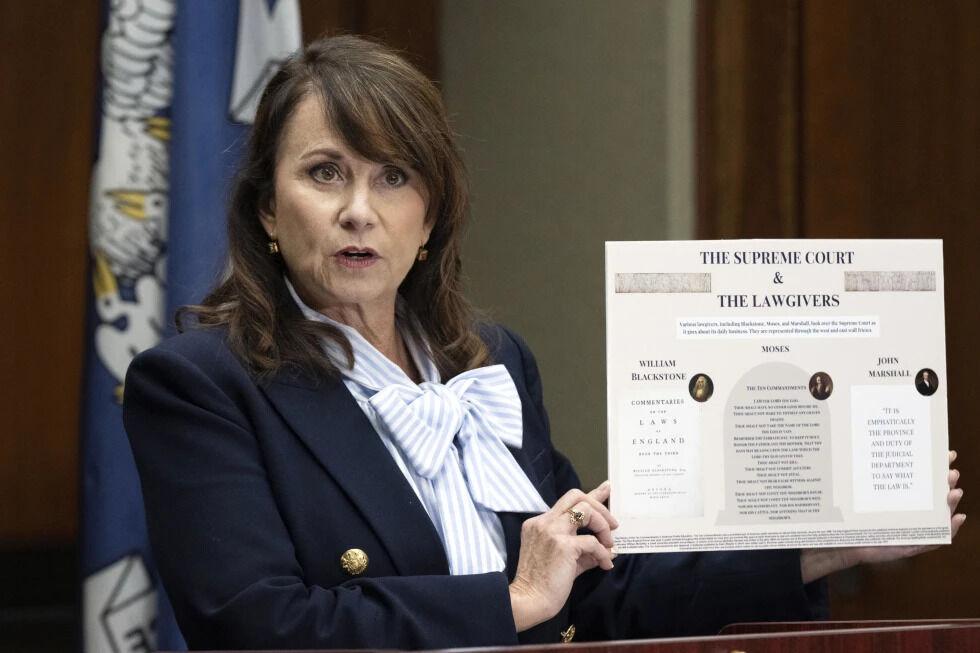It’s inevitable that people complain about taxes. I don’t know anyone who likes to pay them or thinks they pay too little. Most of the complaints I hear lack much substance or thoughtful analysis, but people are right in a basic truth: Louisiana taxes are out of line.
Louisiana has a highly regressive tax structure. This means poor people pay a larger percentage of their income in state and local taxes than rich people. The poorest 20 percent of Louisianians (people who earn less than $20,000) paid 13.4 percent of their income in state and local taxes in 1995. The top 1 percent, earning more than $259,000, paid just 6 percent. After factoring in income tax deductions, their rate falls to just 4.8 percent.
Tax rates have not changed considerably in the past seven years. Louisiana taxes are regressive in part because of our dependence on sales taxes and excise (tobacco, gas and alcohol) taxes. One of the most regressive taxes is the sales tax on food and utilities. This impacts people with low incomes (college students included) who spend a big portion of their small paychecks on groceries and utility bills.
Our state’s tax structure does more than hurt poor people. It hurts the quality of an LSU education. Revenue from regressive taxes grows slower than most other taxes, meaning over time it provides the state less buying power. It then must either raise taxes (easier said than done) or cut services to stay financially afloat. When cuts occur, they always are concentrated in higher education and health care, two programs of which LSU is a big part.
The sales tax on food and utilities is a “temporary” tax (although it’s been in effect since 1986), which means the Legislature has to renew it every two years. Because of this, banks consider the tax an unreliable source of revenue. This makes Louisiana pay higher interest than other states when it borrows money, which makes improvements to LSU and other big state construction projects more expensive. To get the necessary votes to renew the temporary taxes, the governor often has to promise “pork barrel” projects to legislators that cost millions each year. These money could be used to improve higher education.
Louisiana used to run state government with few taxes because of the tremendous profits it earned from oil and gas. Those days are long gone, but our tax structure hasn’t caught up yet. Since the mid-80s slump in oil prices the state has faced crippling budget shortfalls, which it covered by passing “temporary” taxes. These taxes just allow us to limp along until the next crisis.
Fundamental change in the tax structure is long overdue. Balancing the state’s over-reliance on regressive taxes should be part of it. Shifting away from sales to income taxes will provide a broader, more stable source of revenue that will reduce the need for cuts to higher education or health care in budget crises. Better funding to LSU would hopefully result, which could keep our administrators from running away to other, better-funded schools, provide decent pay for all LSU employees and allow telephones and copiers to keep working in all University departments.
There’s a Constitutional Amendment on the Nov. 5 ballot that will remedy some of these problems. Amendment No. 2, or the “Stelly Plan,” will get rid of the “temporary” sales tax on food and utilities and cut out loopholes in state income tax. It will lower your grocery and utility bills and it’s a net tax cut for people earning less than $80,000, if married, or $35,000, if single. If you agree with my assessment of Louisiana taxes, I encourage you to vote for Amendment No. 2 next Tuesday.
Shift the burden
By Brian Marks - Columnist
November 1, 2002

Brian Marks
Clumnist
Clumnist
Trading Democracy?
More to Discover







